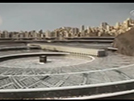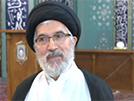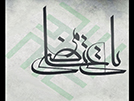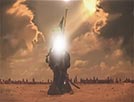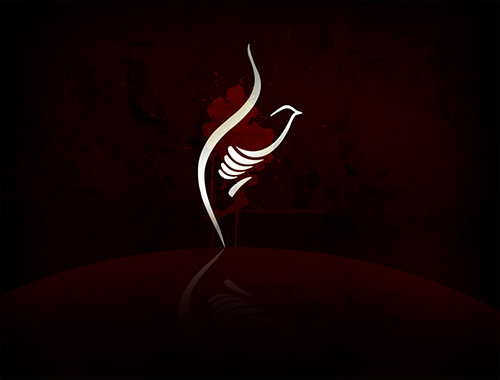Violent outburst of desires and emotions
- Details
- Hits: 1955
Violent outburst of desires and emotions
We have already learnt that man has a terrestrial as well as a celestial nature. He has many kinds of inclinations and emotions, and is responsible for guiding and modifying his desires. We also, more or less, know that the passions for self‑seeking, self‑aggrandizement, licentiousness and lust of power sometimes outburst so violently that they may bring ruin to an individual and society. The Qur'an describes the individuals and factions not controlling their passions as extravagant, mischievous, wrong‑doing wicked, haughty and even as diabolic and aggressive. All over history and in all sorts of economic conditions such people have worked for gaining their selfish ends, for expanding their power and authority and for exploiting and subjugating others. To achieve their vicious objects they do not desist from using force, fraudulent means, threats, temptations and persecution. They divide people and terrify them. They create those conditions under which they may impose on the masses such ideas and such a way of life as may facilitate the continuity of their own oppressive authority.
Myths, misconceptions, idol‑worship, dirty customs and old and new gods are introduced and revived to stop people from thinking rightly and moving in the right direction, and thus the way for their exploitation is paved. So many wars have been kindled by the flames of the avarice, greed and self‑interestedness of the tyrants. How much destruction, misery, bloodshed and supression have been caused by their lust of power and position!
The Qur'an considers the corruption and tyrannical and oppressive activities of such men to be the cause of the destructive changes of history.
From Surah al‑Baqarah, verse 205 we can deduce that: Whenever a self‑seeking man comes to power, he creates mischief, tries to ruin agriculture and commits genocide.
In Surah al‑Maidah, verse 62 and subsequent verses, the Qur'an speaks of those, who because of their haughtiness and denial of truth are ever ready to commit sins and transgression, to kindle the flames of war and to spread corruption.
In Surah al‑Qasas, verse 4 and onward it says: "Pharaoh grew in power in the laud and divided its people into casts. A group among them he suppressed, killing their sons and sparing their daughters. Surely he was one of the miscreants".
In Surah al‑Zukhruf, verse 54, Pharaoh has been described thus: "He suppressed his people to the extent that they obeyed him. Surely they were wicked people".
In Surah al‑Nisa, verse 27 Allah says: "Those who follow their lustful desires, want you to go tremendously astray".
These are some examples of the verses, which show that there are men who, because of their blindly following their desires and making no attempt to modify and guide them in the right direction, create a great deal of mischief and engender unfortunate events of history.


